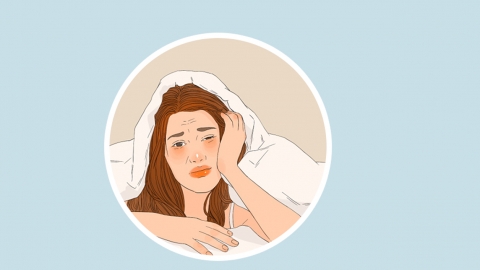Do patients with depression tend to experience uncontrollable overthinking?
Generally, individuals with depression may experience uncontrollable overthinking, often characterized by persistent negative thoughts. If in doubt, it is advisable to seek medical consultation promptly. Detailed analysis is as follows:

Depression can impair the brain's emotional regulation functions. Patients often become trapped in self-blame for past failures, worries about the future, or repetitive rumination on negative life events. These thoughts are difficult to stop voluntarily; even when attempting to shift attention, individuals frequently revert back to negative thinking patterns, thereby exacerbating feelings of anxiety and sadness and creating a vicious cycle.
However, not all individuals with depression exhibit obvious symptoms of excessive overthinking. Some patients may primarily present with low mood, reduced interest, and decreased energy, accompanied by slowed thought processes rather than frequent intrusive or disorganized thoughts. The severity of such overthinking varies among individuals and is influenced by factors including the severity of the illness, personality traits, and personal life experiences.
If persistent negative thoughts become unmanageable and begin to affect sleep, appetite, or daily functioning, professional help should be sought promptly. Psychological therapy or medication can effectively alleviate symptoms and prevent prolonged entrapment in negative thought patterns that may hinder recovery.







